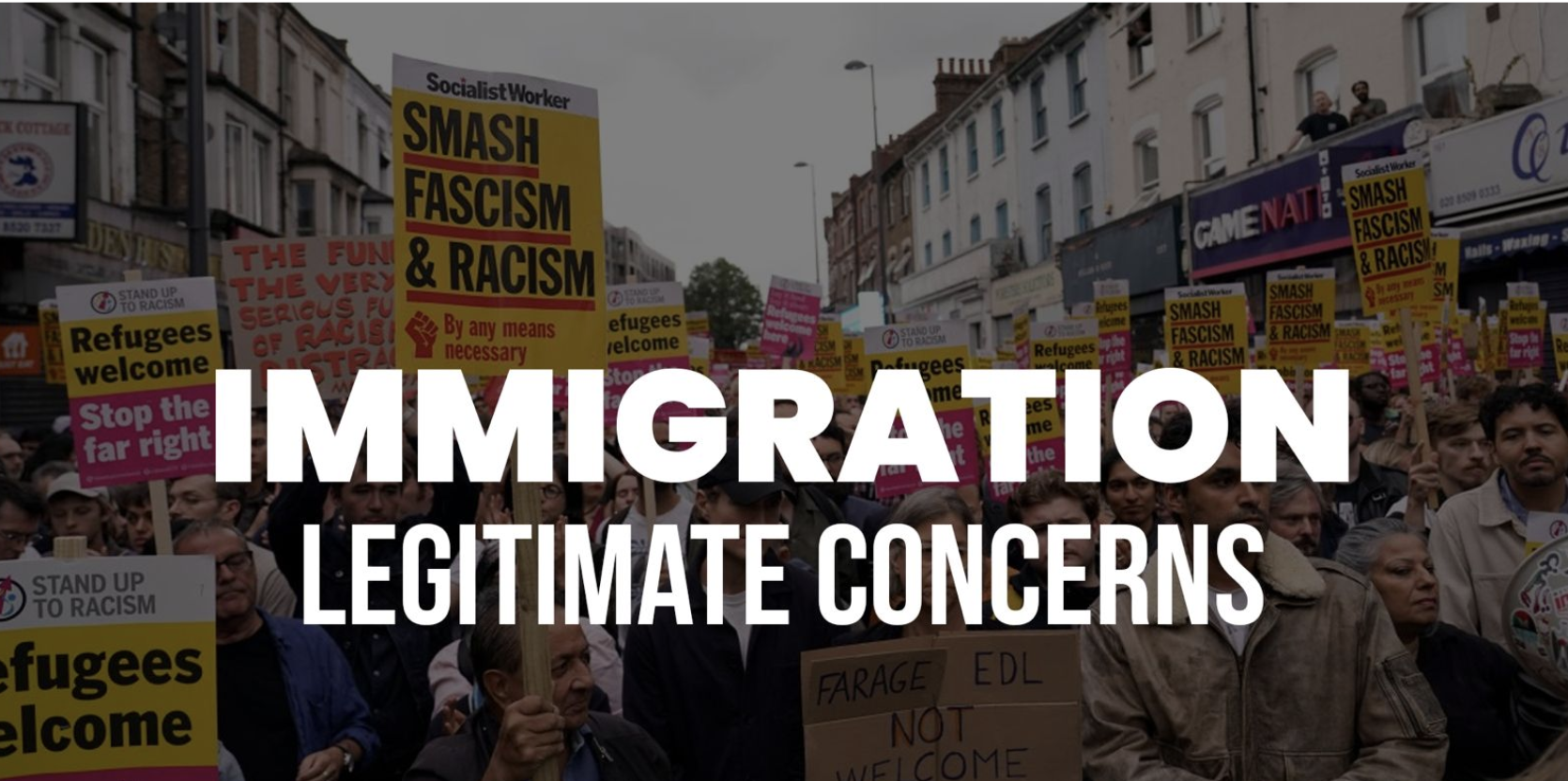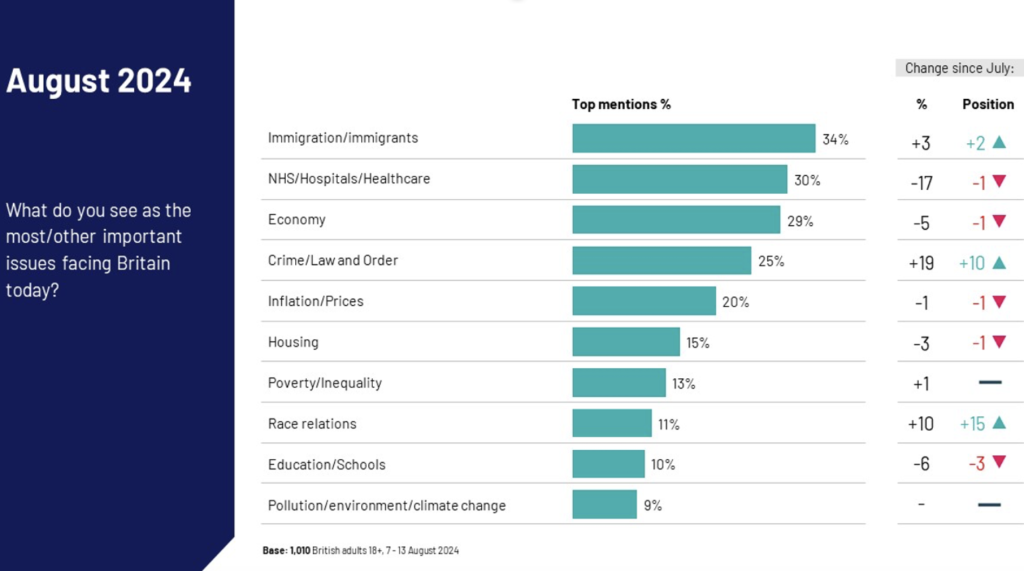
This is a preview of Migration Watch’s free weekly newsletter. Please consider signing up to the newsletter directly, you can do so here and will receive an email copy of the newsletter every week as soon as it is released.
After the shocking violence in Southport last month, Britain is now facing an equally shocking reaction – but this time from the ivory towers of moral grandstanding. The violent riots have rightly been condemned; we have done so unequivocally. But instead of seeking to understand the root causes, as happened with the riots of 1981 and 2011, we’re hit with a wave of (sometimes threatening) lectures.
In a recent article in The Guardian, Maya Goodfellow wrote, “We keep hearing about ‘legitimate concerns’ over immigration. The truth is, there are none.” She declared:
“Are concerns about immigration “legitimate”? Demonstrably, no. People who arrive in the UK aren’t to blame for an economy designed to benefit the richest while exploiting and abandoning the poorest – immigration iis not a significant causal factor of low wages and it’s not why people have insecure jobs. Anti-immigrant feeling isn’t a natural, inevitable reaction to change either.”
Actually, lower-skill, lower-pay mass migration has a great deal to do with the state of the economy, and undoubtedly impacts hugely on the most vulnerable, lower-paid people in society. That is why there are profound and ‘legitimate concerns’ over immigration. But don’t take our word for it. Here is the August 2024 Ipsos Issues Index:

So, it seems, the public disagree with Ms Goodfellow, putting immigration ahead of the NHS, the economy and crime/law and order. Moreover, some 60% of the public have been saying for some time that immigration over the past decade has been too high. Given the pressures and tensions flowing from rapid population growth, almost entirely due to immigration from disparate parts of the world, and the children born to migrants, is it any wonder that people (including longstanding migrants) are concerned?
For years, the oft-heard refrain of mass immigration, open-borders enthusiasts has been about the wonders of immigration with no downsides. Anyone who has disagreed with the pean of praise has been branded xenophobic or racist. Fact is, millions of our citizens, many of them in constituencies that elected Labour Members of Parliament, have profound misgivings about the scale of immigration, its impact on the economy, services, the need for housing and the demographic change it drives.
Sir Keir Starmer has a whopping majority and can pretty much do what he likes with the this Parliament. There will be siren voices in the Labour Party, the universities, sections of the trade union movement, a variety of left and far-left groups, NGOs, as well as the upper echelons of the civil service, who will all be pressing him to open our borders further and, for once and for all, silence the right (labelled far-right). We can but hope that he will prove wise enough and have the courage and strength to resist the sirens. If he doesn’t or can’t, he will, as sure as eggs, be lured to destruction on the electoral rocks that lie ahead.
The truth is concerns about high levels of immigration aren’t just ‘legitimate’; they’re grounded in common sense. And, beneath the recent wave of violence lies a seething frustration with a political class that has long ignored the will of the people. Back in 2016, Chancellor Rachel Reeves warned Britain was on the brink of chaos if immigration wasn’t addressed post-Brexit. At a Labour Party Conference event, Ms Reeves cautioned that simmering tensions over immigration could lead to riots if the Brexit deal didn’t end free movement. She said:
“We’ve got to get this right because there are bubbling tensions that could explode. Remember the riots in 2011? If they start up again in places like Leeds, it’s like a tinderbox”
She was right. The blatant disregard for public opinion on how British society is evolving is stoking outrage over incidents like the Southport killings.
This is a preview of Migration Watch’s free weekly newsletter. Please consider signing up to the newsletter directly, you can do so here and will receive an email copy of the newsletter every week as soon as it is released.
